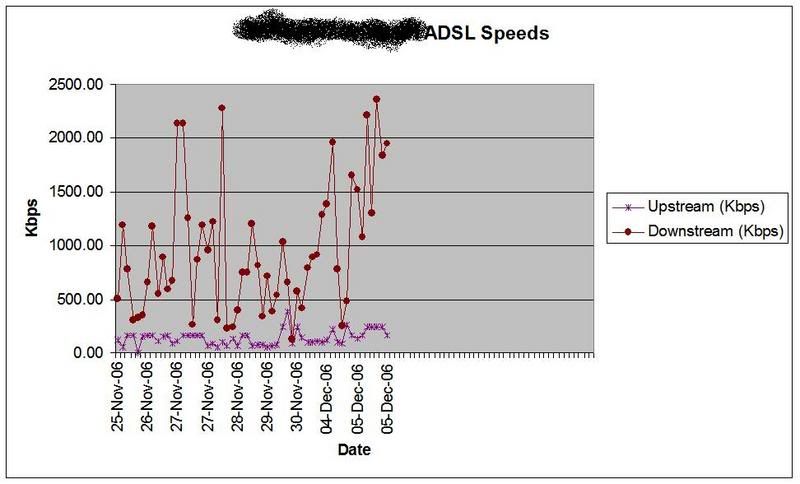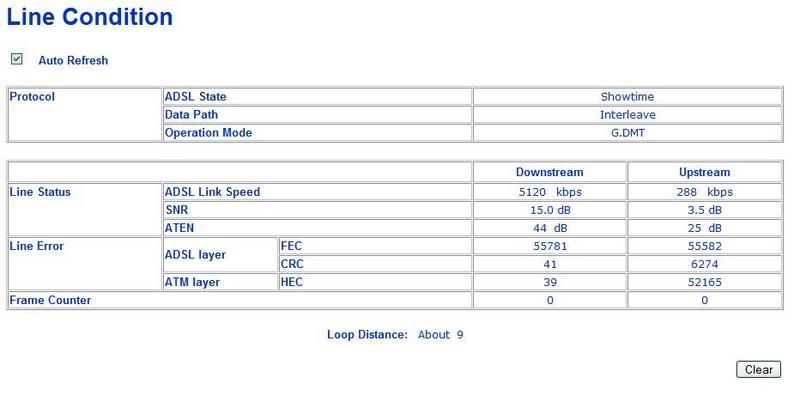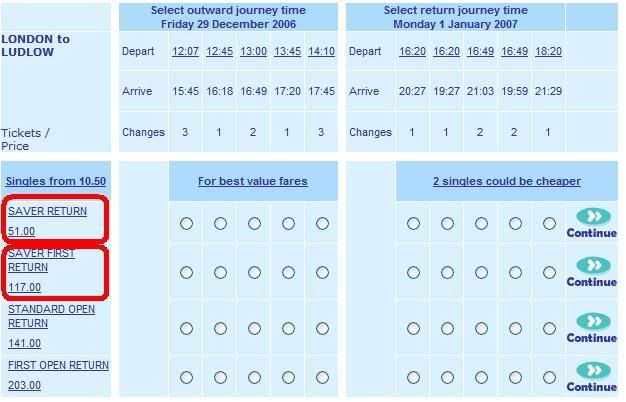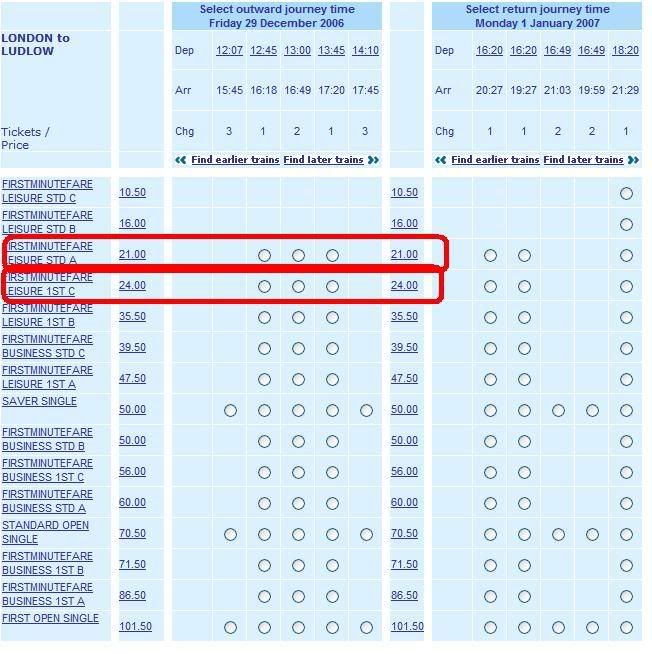I asked for arguments against ticket touting on this post and received some good responses - including arguments I hadn't heard before.
Firstly, let's dismiss one absurd argument:
The argument that motivated me to talk about this topic was a truly malign comment I heard on XFM last week. The DJ was referring to the fact that tickets for their "Winter Wonderland" event had sold out and were available on eBay at "inflated" prices. Because some of the ticket price goes to charity, the DJ claimed that these touts were "stealing" money from the charity.
That statement, clearly, is a vicious lie: it matters not one jot who buys the ticket; the donation is paid from the initial ticket price and would be made whether the purchaser was a "tout" or a "fan" (whatever those terms mean).
However, there are some better arguments.
Jon writes:
"if touts didn't bulk-buy tickets in the first place, they wouldn't sell out so quickly in the first place and normal human beings could buy tickets for reasonable prices instead. I.E., the market for touts is created by the touts."
This is really an argument that we shouldn't allocate on price but should allocate based on people's willingness to queue in line for a ticket. In cases where more people want tickets than there are tickets available, it's the same as saying that those who can't get in the queue at the right time or jump through some other hoop will have to do without.
In other words, it's an argument that says that they way you demonstrate your desire for a ticket is by being willing to give up lots of time or incur inconvenience rather than by the more usual method of paying more for it. I'm not sure the lesson of history is that scarcity, queues and rationing is a desirable goal.
trp (Is that you, Tim?) makes several arguments.
His first is that touts don't pay tax or otherwise act as good businessmen. I think that argument can be dismissed out of hand as irrelevant. If somebody fails to pay tax or breaks the law, they're being naughty regardless of the line of business they're in. If, on the other hand, they are forced to run their businesses because of the questionable legitimacy of their enterprises then we're getting into a dangerously circular argument.
trp's next good point is one about consumer protection: you pay market price to a tout but any rights you have (e.g. to a refund if the concert is cancelled) are restricted to face value.
It's a good point but I think there are two good counter-arguments
Firstly, this is an argument for promoters to start pricing more realistically (i.e. by underpricing and hence incenting the activities of touts, they are exposing their ultimate customers to uncertainty and risk)
Secondly, as a purchaser, you know this is the case when you purchase the ticket and so should take it into account when considering how much to pay. (i.e. the small but non-zero risk of losing the difference between market- and face- value should influence how much you're willing to spend)
trp then goes on to make another good point.
To understand it, you must first endure one of my pro-touts arguments. My claim is that touts provide a valuable service to promoters by buying tickets early and in bulk. The latter service lowers transaction costs and the former lowers the risk for promoters (the risk of selling huge swathes of tickets has been transferred from the promoter to the touts).
trp's point is that this transfer of risk results in the problem that information is lost: the promoter doesn't know how many tickets have been sold to people genuinely intending to come (and hence intending to spend money on drinks and merchandise).
I think this problem is easy to dismiss: the market price for tickets could very easily be used to infer how many tickets have ultimately been sold.
Finally, trp closes the loop and raises the "problem" of social engineering. Often, promoters want to exercise control over who attends their event: perhaps they only want "home" supporters in one stand and "away" supporters in another. Alternatively, perhaps the BBC wants to ensure only "poor" people attend a screening of a new show.
In the first case, I agree that public safety may be a valid reason in some cases for restricting the secondary market. However, I think the problems are overplayed and are actually a smokescreen for those who want to benefit from preventing tickets selling for their true value.
The second case has no merit whatsoever (in my very humble opinion). Polly has the best rebuttal to it.
She says:
"Sometimes a benevolent impressario, such as the BBC, puts on a show with a limited audience and it hopes to give the most deserving in society the opportunity to benefit. It feels resentful when the most deserving in society decide that they prefer money to the well-intentioned show, and sell the tickets to those who are less deserving, but value the show more. In a sense the impressario feels that it still owns the tickets, though they have been given away freely."
In other words, if you claim to know better than somebody else what is good for them then you deserve what you get. Paternalism is a nasty little habit and I resent any attempt to tell "the poor" or any other group of society what they can or cannot do with their life or their assets.
At its heart, the overall "touting" issue is this: promoters often deliberately underprice tickets for their events.
Their reasons are multiple:
- They may not know the demand in advance and don't want unsold tickets on their hands
- They may want to sell the tickets at a price the "fans" can afford
- They may want to attract certain kinds of attendees (e.g. students) to create the right atmostphere
- They may want to subsidise the ticket price to leave attendees with enough cash to spend on other items inside the vanue
The first is a good reason for touts (they allow the true value to be discovered at minimal risk to the promoter)
The second is an unrealistic intention: if somebody is selling something for less than it is truly worth, there is an irresistable pressure for somebody to step in and capture the difference between the true- and face- value for themselves.
The third point (desire to attract "students" or whatever) is also a good one... some bands would be aghast if their audience turned out to be hundreds of middle-aged couples rather than skinny indie kids with bad hair. However, there are other ways to ensure a majority of attendees are of a certain type: ensure facilities or other ancillary aspects of the experience are relatively less attractive to those you don't want to come
Finally, the fourth point could be resolved by including "drinks vouchers" or something of that sort with a more-expensively priced ticket.
So, there we have it. trp has given me pause for thought and it took me longer than I expected to rebut Jon's point (not sure I've done it justice yet) but I still think I'm on the right side of the argument :-p







